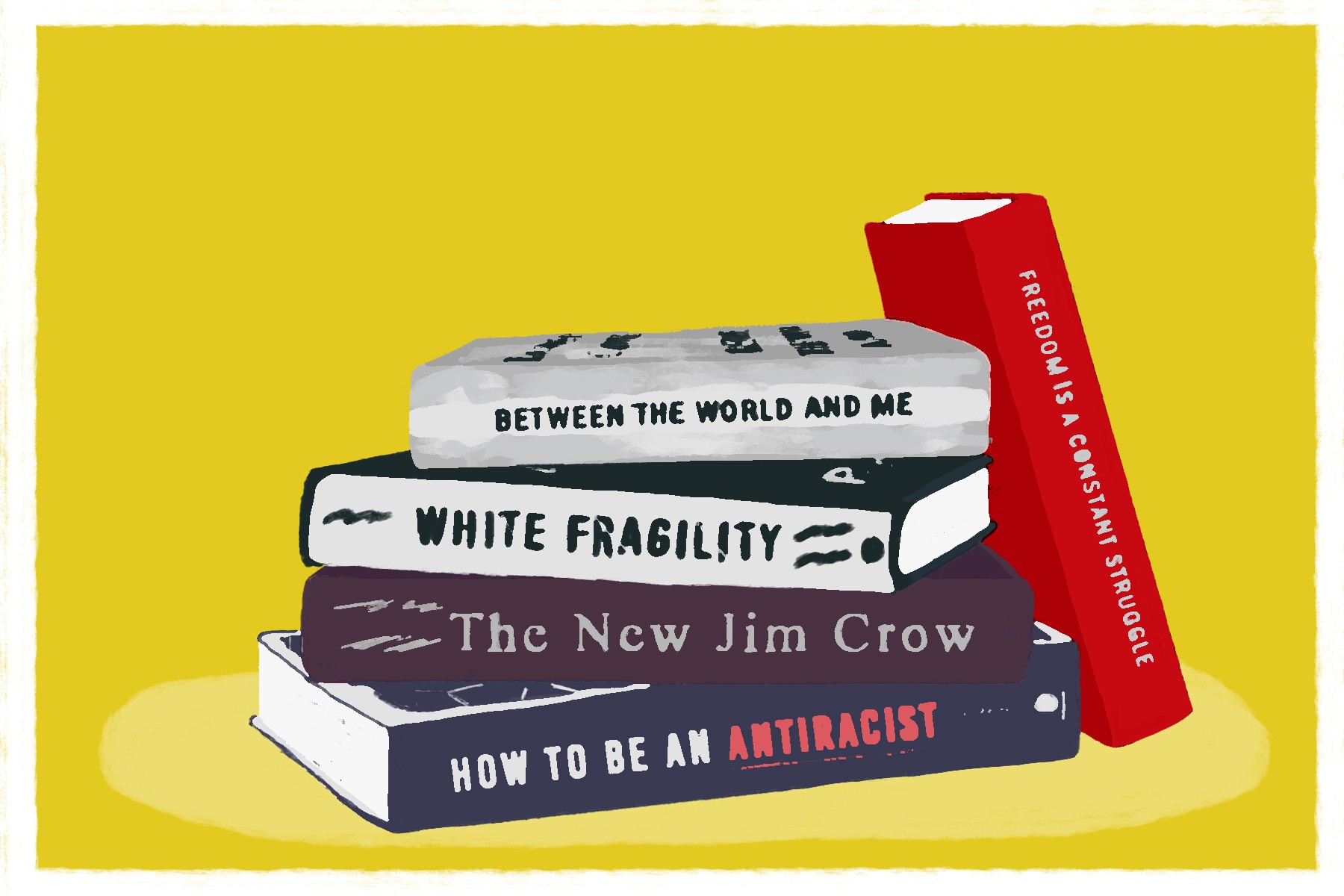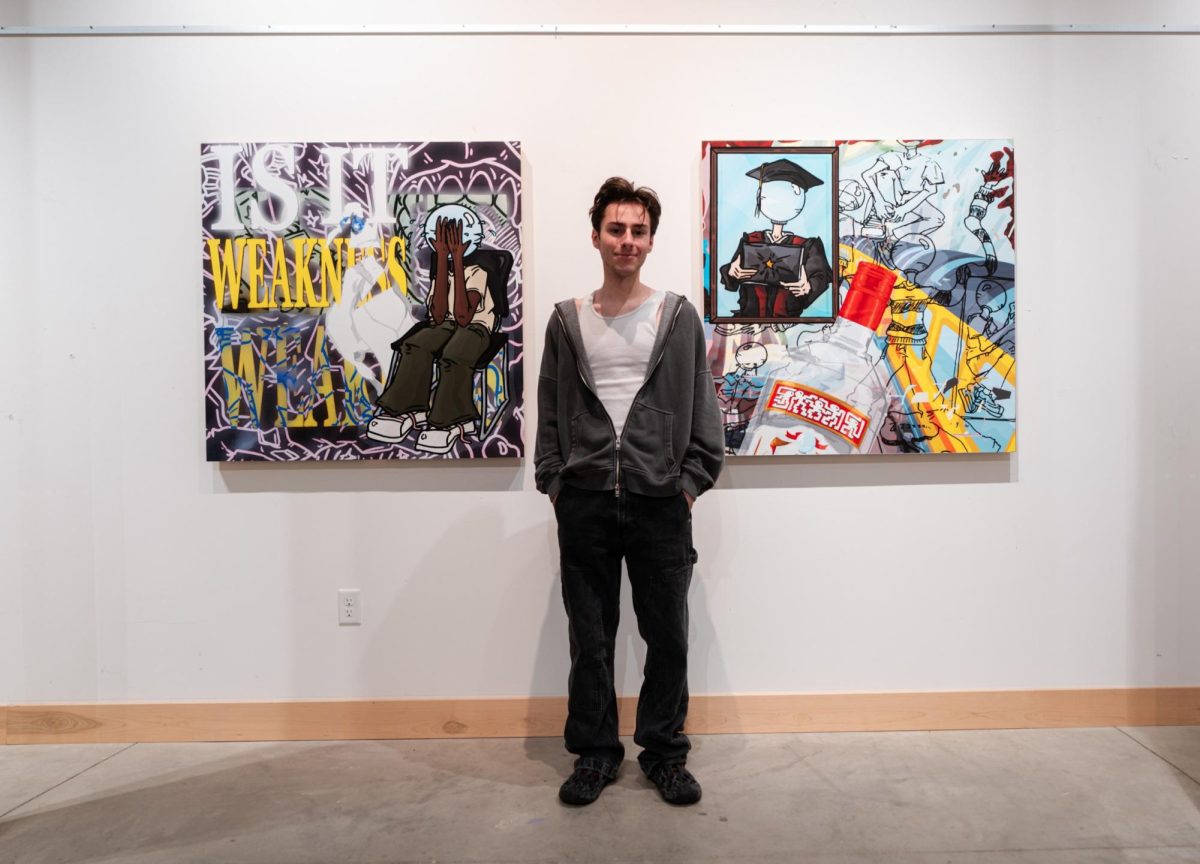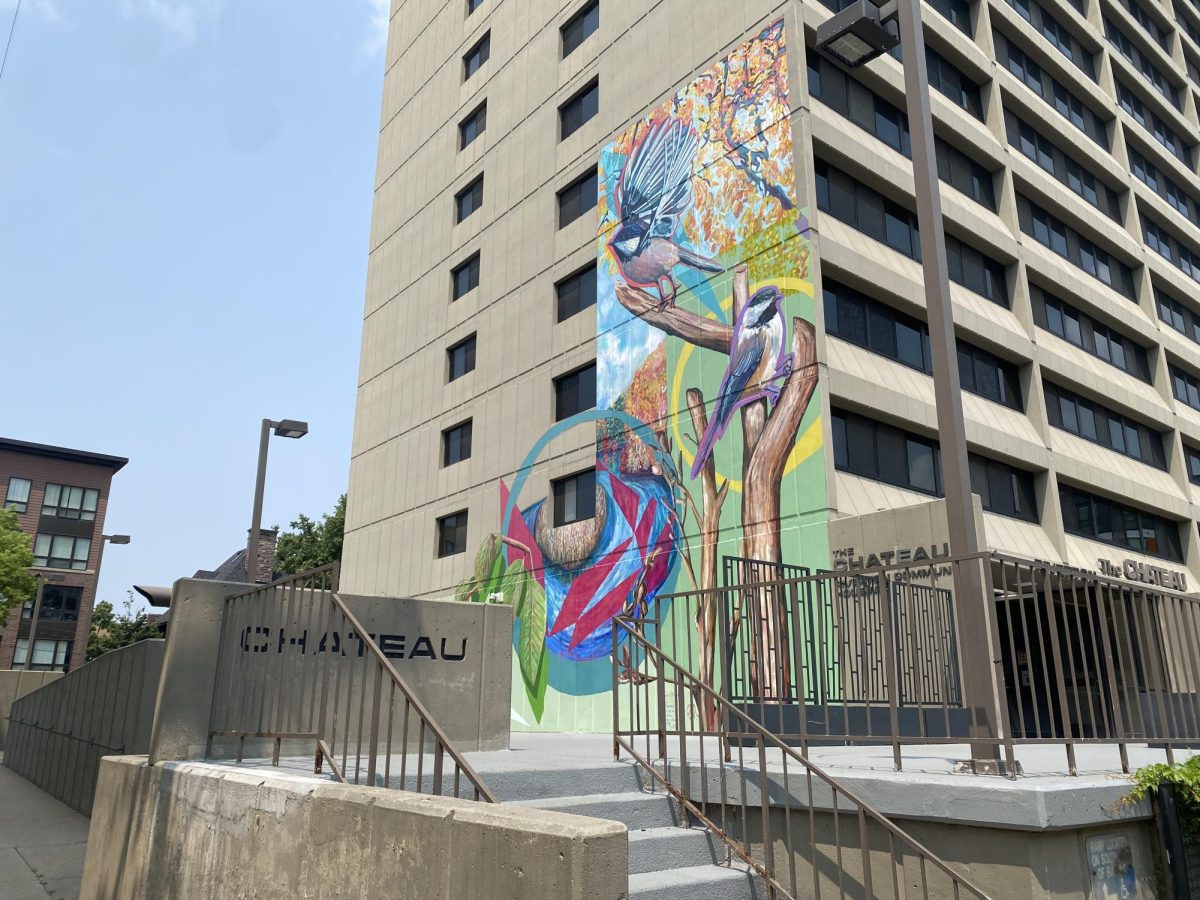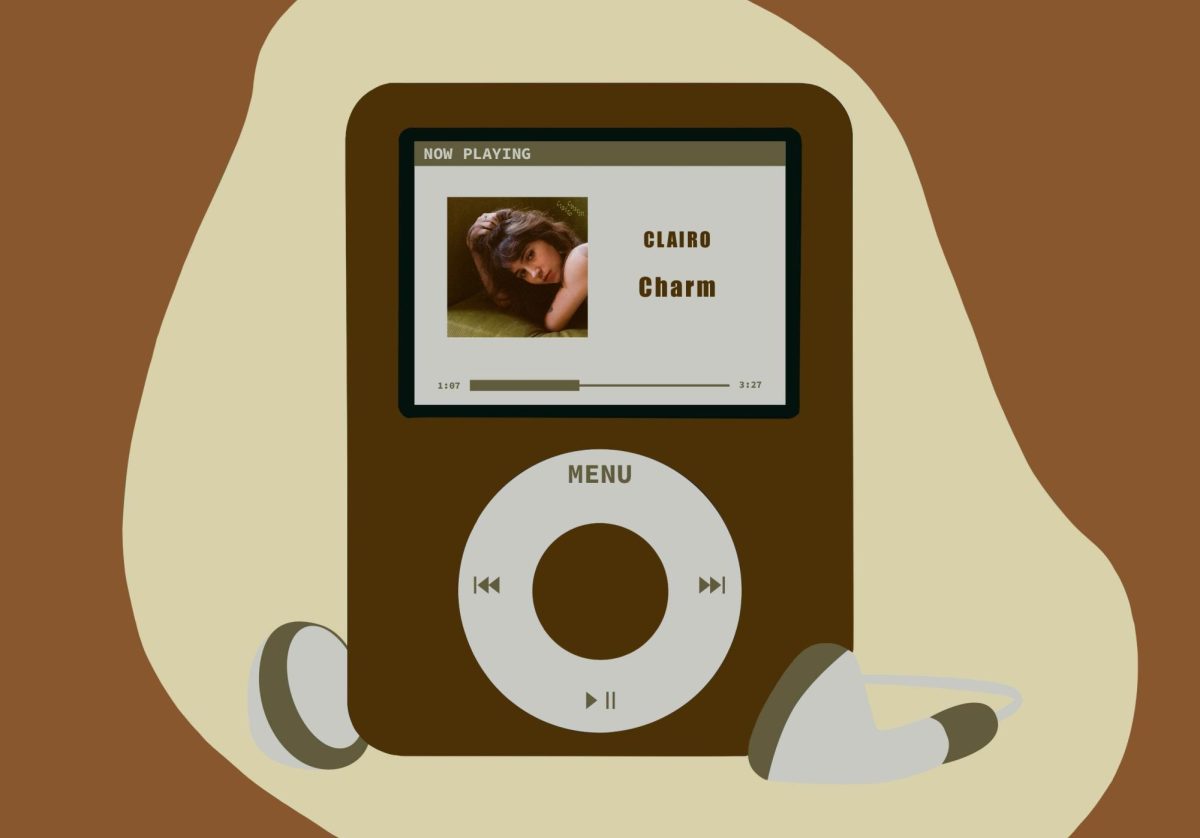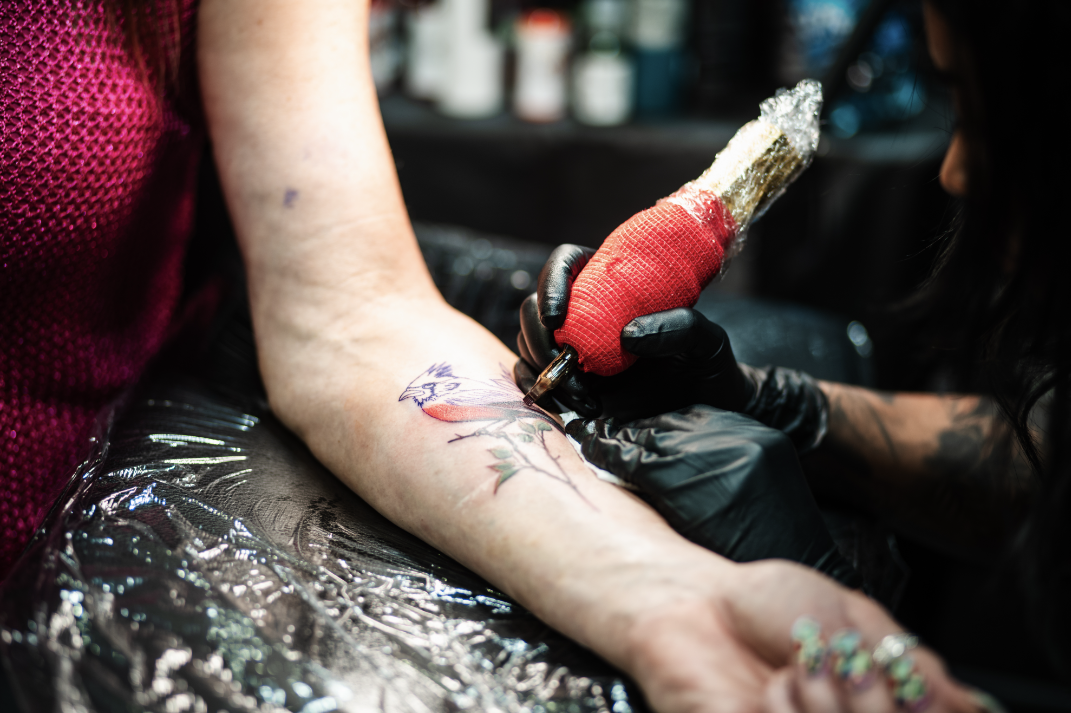During times of illness or political unrest — or maybe even both, simultaneously — books are not only an escape but a conduit for education and change. A&E spoke to experts about certain books that are instrumental in understanding new and old BIPOC narratives, the history that led up to our current moment and the necessity for an anti-racist society.
Ezra Hyland, a University of Minnesota teaching specialist within the School of Social Work, said he believes it is not enough to identify ourselves as not racist: “We must be anti-racist.”
Hyland teaches the Stories of Resistance and Change course, where themes of belonging, identity and adversity are discussed. Some of the books taught in the course that Hyland recommends include “Students on Strike” by John A. Stokes, “Make Your Home Among Strangers” by Jennine Capó Crucet, “… and the Earth Did Not Devour Him” by Tomás Rivera and “Kindred” by Octavia Butler.
“The biggest thing that cripples us in America is a lack of knowledge and history. The wonderful thing about teaching is exposing others to worlds they have not been taught about,” Hyland said. “You get a range of anger and frustration. Most students respond positively [to these books]. They see opportunities.”
Annie Mason, program director of Elementary Teacher Education at the University of Minnesota, reflected a similar sentiment. In her Culture, Power and Education course, she encourages students to turn inward, consider their worldview and interpret situations differently. Mason hears often, after students read Ta-Nehisi Coates’s “Between the World and Me,” that her pupils return to the book frequently for self-reflection. Mason recommends “Emergent Strategy” by adrienne meree brown and “My Grandmother’s Hands” by Resmaa Menakem.
“He [Coates] doesn’t let white people off the hook by any stretch — he does honest, straightforward storytelling that keeps people with him,” she said. “Students who may be resistant to how whiteness operates and how anti-Blackness functions in our country will come out on the other end with new understanding.”
The Hennepin County Library has made a few books relating to anti-racism available for digital and audio access. Some titles include “White Fragility” by Robin DiAngelo, “How to Be an Antiracist” by Ibram x Kendi and “Me and White Supremacy” by Layla F. Saad. These books, available throughout the summer and rentable for up to 21 days, are free to check out with a library card, said Kesha Nash, a Hennepin County Library specialist at Washburn Library.
“It doesn’t matter if you have outstanding fines; it does not stop you. You still have access to these books,” she said.
Nash stressed the importance of accessibility, especially in regards to anti-racist literature. She also spoke on spotlighting narratives from BIPOC authors.
“I do whatever I possibly can to spotlight them. Before the unfortunate death of George Floyd, those books come to the forefront when we have Black History Month or Juneteenth, but they’ve always been there. It took something major for the rest of the books to come to the forefront.”
Nash recommended Ijeoma Oluo’s “So You Want to Talk About Race” as one of her favorites. The book dives into the microaggressions Black, Indigenous and POC experience and prompts them to have conversations with white people about those microaggressions.
Matt Hawbaker, manager of the Bookhouse in Dinkytown, recommends “Slavery By Another Name” by Douglas Blackmon, which explains how our systems prevented the growth of wealth for Black Americans. Hawbaker also encouraged people to check out Martin Luther King Jr. ‘s “Letter from the Birmingham Jail,” the work of Angela Davis and Malcolm X’s autobiography, citing them as foundational reading.
Poet, performer, librettist and University of Minnesota Creative Writing professor Douglas Kearney has his own list of recommendations on BIPOC authors and titles, but he also has some reservations about the reading list itself.
“If texts on the most thoughtfully curated reading lists are rendered as Band-Aids, as a kind of spa treatment to the problem of racism, then I think that we fail the effort of the writers on that list,” he said. “Some people come to these books wanting an absolution, but others come to these books wanting to be transformed.”
He recommended “Go Ahead in the Rain: Notes to a Tribe Called Quest” by Hanif Abdurraqib, a book that students in his Literature and Music class read and commonly enjoy.
Kearney encourages people to read these books, but he also wants them to understand that the problems touched upon in these readings are not solved after the book closes.
“It is a process and a constant process, but so is living! You gotta keep breathing, you gotta keep eating, you gotta sleep sometimes.”
Correction: A previous version of this article incorrectly stated how the recommended Hennepin County Library books can be checked out.










